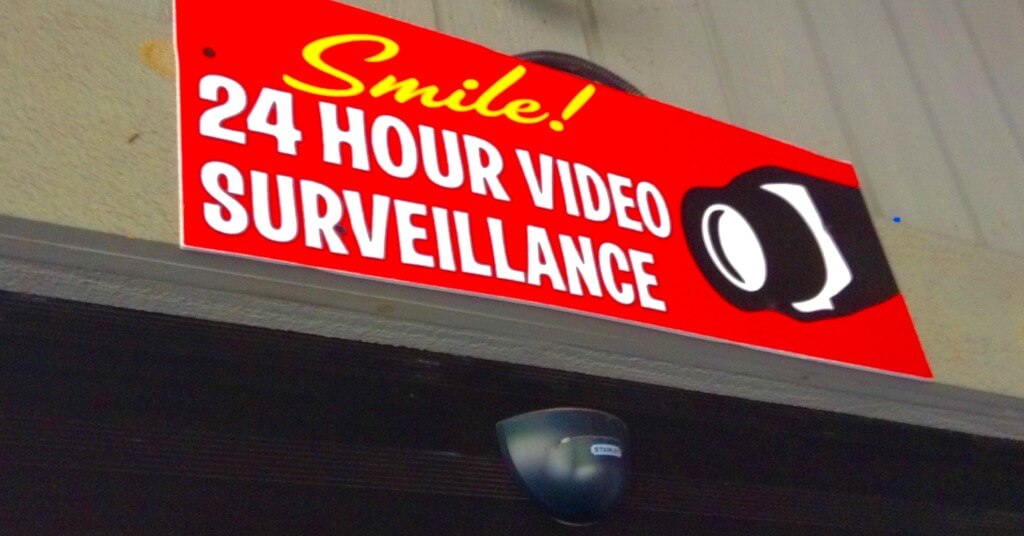With major cities putting video cameras on public transportation, talk of street level cameras in public places in NYC and more employers than ever recording their employees, a lot of people may wonder when safety precautions cross the line and become unlawful surveillance. The fear of electronic surveillance is sometimes regarded as an unreasonable paranoia, but in the age of the internet, these fears can be grounded. Technological advancements and the falling price of surveillance and recording technology mean that both public and workplace surveillance is becoming more common every day.
Workplace Surveillance
Workplace surveillance is a very real concern for many companies. Whether it’s to prevent theft among employees or to keep the premises safe for patrons, there are many legitimate reasons why an employers would keep an area under surveillance. This may make employees uncomfortable, feeling that their right to privacy has been violated. Are there cameras in the break room? What about the bathrooms? You need to know your rights if you want to protect yourself from unlawful surveillance in the workplace.
The laws about workplace surveillance vary from state to state. Many states have passed narrow laws dealing with workplace surveillance in specific situations. In California, for example, it’s illegal to install a one way surveillance mirror in a restroom, shower, fitting room, or locker room. In Connecticut, it’s against the law for employers to operate surveillance equipment in areas designed for employee rest or comfort, including as restrooms, locker rooms, or employee lounges. If you think you’re the victim of unlawful workplace surveillance, the first thing to do is see if there are any laws like this in your state.
Even if there aren’t any laws in your state that specifically address the situation you’re in, federal law still limits your employer’s right to watch you. In order to determine whether your employer is conducting unlawful surveillance, a court will balance the employer’s need to conduct surveillance and the employee’s reasonable expectation of privacy. For example, if your employer is videotaping bathrooms or changing rooms, employees have a high expectation of privacy and the employer has little need to conduct surveillance. Legitimate employer concerns may include theft and safety of employees, patrons and property. Whether a particular act of workplace surveillance is illegal is not black and white because there are so many different factors at play. If you’re not sure whether your employer is crossing the line, it might be time to consult a legal expert.

Workers Comp Surveillance
Another common kind of surveillance is workers comp surveillance. Worker’s comp surveillance is surveillance performed specifically for the purpose of evaluating a worker’s compensation claim. Usually a private investigator will follow a claimant around during the day to see if they’re faking any injuries. If done properly, this kind of surveillance is totally legal. Usually the investigator will only follow the claimant in public places where they have no expectation of privacy. Also, the employer does have a legitimate reason to protect their financial interests by exposing fraudulent worker’s comp claims.
Government Surveillance
Ever since the NSA surveillance was exposed, it’s not just your crazy uncle who’s worried about getting watched by the government. It’s true that state, local and the federal governments conduct surveillance on citizens for a number of reasons. For example, if you’ve ever paid attention to roadside highway signs, you’ll know that some state highway patrols conduct aerial surveillance to catch people who are speeding. Aerial surveillance by the government and others is a hot issue by itself, with drone technology becoming more popular and it’s just one example of how the government watches it’s citizens. There are hundreds of reasons why different government groups keep people under surveillance. How many of these reasons are legitimate and how many aren’t is still an area of intense political and legal debate!




